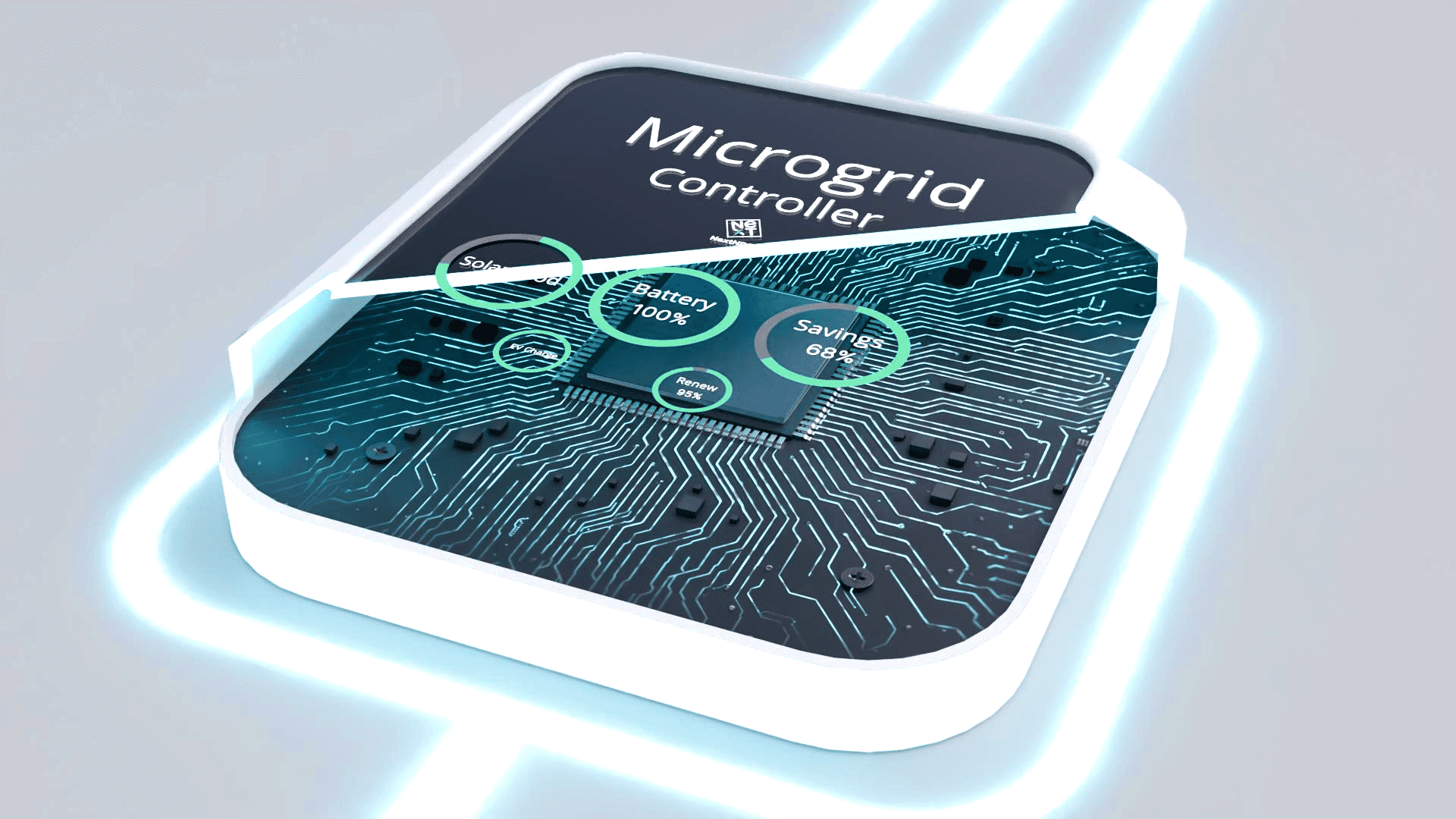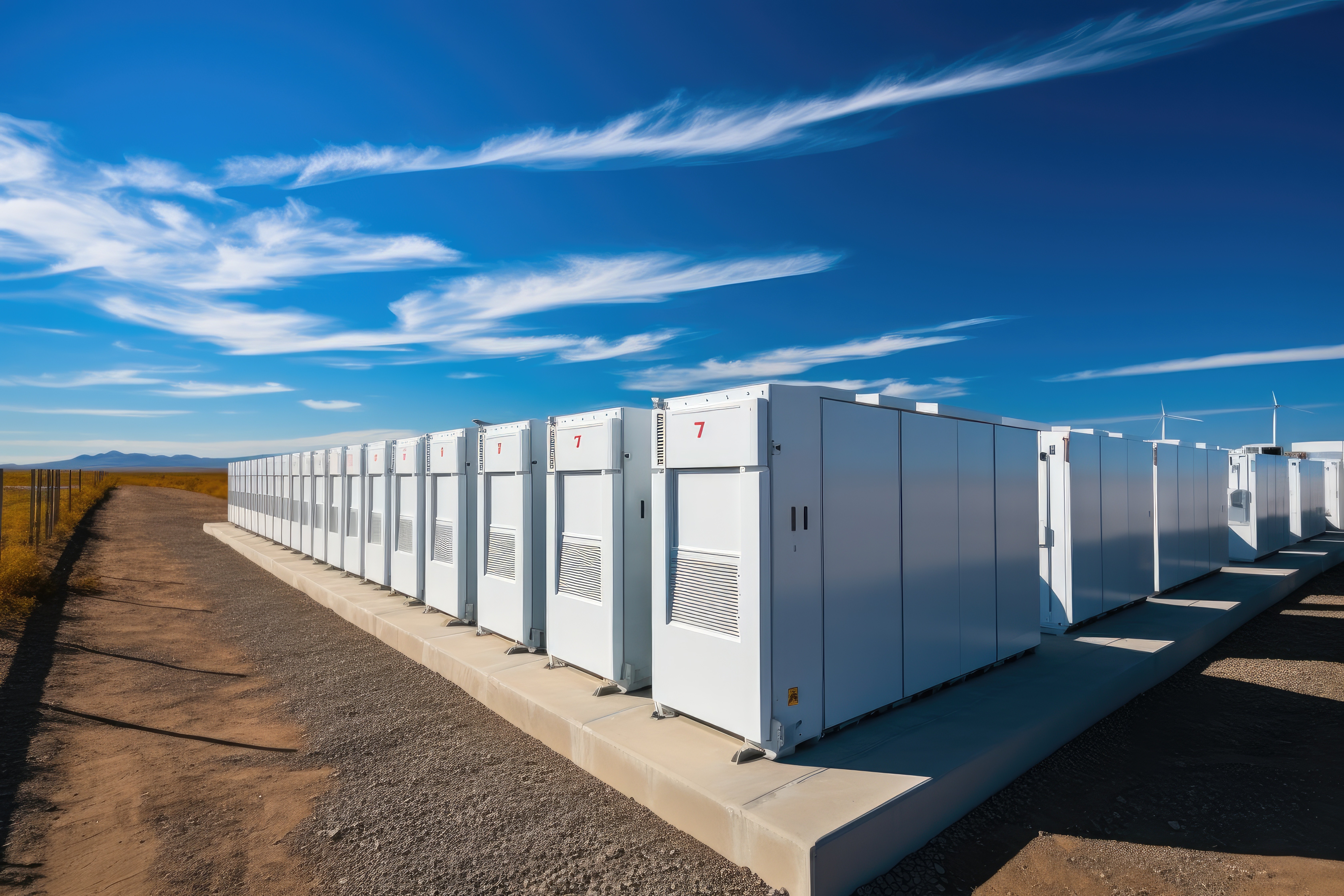
Jan 1, 2025
When considering how many watts a car charger uses, it’s essential to know that chargers typically range from 10 to 100 watts. Most common models fall between 15 and 45 watts, impacting both the speed and efficiency of your charging experience. Understanding these figures can help you make an informed decision about the charger that fits your needs.
Next NRG offers cutting-edge solutions for wireless EV charging and Smart Microgrids. Their technology enhances energy management through the integration of diverse power sources, optimizing grid efficiency and resilience. This ensures you have a reliable and secure energy supply for all your electric vehicle charging requirements.
As advancements in technology continue to redefine energy consumption, choosing a charger that meets your specifications is crucial. With Next NRG's commitment to creating a sustainable future, you can trust that their innovations will support battery longevity and charging efficiency, making them a strong contender in the world of energy management.
Understanding Car Charger Basics
When it comes to car chargers, grasping the fundamentals of wattage, voltage, and amperage is essential for selecting the right equipment. This knowledge helps you understand how chargers work and their impact on your electricity bill and power management.
Wattage and Power Output
Wattage indicates the amount of electrical power consumed by the car charger. It is calculated using the formula:
Watts = Volts × Amps
This means a charger that outputs 1,000 watts operates at a level significantly suitable for charging electric vehicles.
Typical electric vehicle (EV) chargers can range widely in wattage. A Level 2 charger generally provides between 3.3 kW (3,300 watts) to 19.2 kW (19,200 watts). Understanding these power outputs ensures you select chargers compatible with your vehicle's specifications.
Next NRG provides advanced solutions for energy management through technology that optimizes power output, ensuring consistent and reliable charging. By integrating various power sources, you can enhance grid efficiency and resilience, making charging faster and more efficient.
Voltage and Amperage
Voltage refers to the electrical potential, influencing how much current (in amps) can flow through the charger. Most car chargers typically operate at 12 volts for standard devices but can reach higher voltages for EVs.
Amperage measures the flow of electric charge. Chargers often specify their amperage rating, which directly affects charging speed. For example, a charger rated at 32 amps will draw more power than one rated at 16 amps, resulting in faster charging times.
Understanding the relationship between voltage and amperage is crucial for optimizing your charging setup. By using devices such as those from Next NRG, you can optimize grid performance, ensuring that you have efficient energy management and a steady supply of power.
Types of Car Chargers
Understanding the different types of car chargers is crucial for optimizing charging efficiency and meeting specific energy needs. Each charger type offers distinct features and functionality that can enhance your electric vehicle (EV) experience.
Standard Chargers
Standard chargers, typically classified as Level 1 chargers, connect to a regular household outlet. They usually provide around 1.4 kW of power, which translates to approximately 4-5 miles of range per hour. This slower charging rate makes them suitable for overnight charging at home but not ideal for quick fills.
A notable feature of the standard charger is its simplicity. You can use it with minimal setup in any garage. However, if you charge your EV frequently or have longer commutes, you might find the charging time frustrating. Investing in a Level 2 charger can alleviate this issue, providing faster charge times for everyday use.
Fast Chargers
Fast chargers, commonly known as Level 2 chargers, offer significantly higher power output, generally around 7.2 kW to 22 kW. They can charge an EV to about 80% in 4 to 6 hours, depending on the vehicle’s battery size. This makes fast chargers a convenient option for both home and public charging stations.
The high-powered capabilities of fast chargers are particularly beneficial if you frequently drive long distances. Their installation may require a dedicated circuit and a professional setup. Brands like Next NRG are pioneering advancements in fast charging, ensuring optimized energy supply and integration with smart microgrid technology for enhanced grid efficiency.
Smart Chargers
Smart chargers utilize advanced charging technologies that allow for better energy management. These chargers can connect to your home network, enabling features like scheduling and remote monitoring. With an average output similar to Level 2 chargers, smart chargers offer added convenience.
Next NRG’s solutions, such as smart microgrids, optimize grid efficiency through the integration of diverse power sources, ensuring secure energy supplies. Using AI/ML technology, these chargers forecast energy needs with high accuracy, which benefits both home use and public access applications. Their ability to manage multiple charging stations makes them ideal for fleet services and urban infrastructure, supporting sustainable transportation.
Car Battery Charger Specifications
Understanding the specifications of car battery chargers is essential for optimal charging performance. Key factors include battery capacity and the charger’s charging speed and time, which significantly impact efficiency and effectiveness.
Battery Capacity
Battery capacity is typically measured in amp-hours (Ah) and indicates how much charge the battery can hold. For most car batteries, a capacity range of 40 to 100 Ah is common, especially for lead-acid variants. Lithium-ion batteries, however, may have higher capacities and improved efficiency.
Charger specifications often include compatibility with various battery types. For example, Next NRG chargers can effectively manage diverse battery capacities, optimizing their charging strategy automatically. Understanding your battery's specific capacity helps you choose a charger that won’t overcharge or undercharge, maintaining its lifespan and performance.
Charging Speed and Time
Charging speed is determined by the charger's output, expressed in watts, and the battery's capacity. Most conventional car battery chargers operate within a range of 50 to 250 watts. This translates to charging times that can vary widely, from several hours with trickle chargers to quicker methods for smarter units.
When using a standard charger with a capacity of 100 Ah, it might take approximately 10 to 12 hours for a full charge. Conversely, advanced systems like those from Next NRG can reduce this time significantly through optimized charging algorithms. Their technology facilitates fast-charging capabilities, making them an efficient choice for modern electrical needs, including electric vehicles and complex energy systems.
By understanding these specifications, you can better assess the appropriate charger for your needs, ensuring efficient battery management and system reliability.
Safety and Efficiency
When charging electric vehicles (EVs), ensuring safety and optimizing efficiency are critical. Addressing issues like overcharging and undercharging is essential to maintain your battery's health while managing energy consumption effectively.
Preventing Overcharging and Undercharging
Overcharging can lead to overheating, reduced battery lifespan, and even fires. To prevent this, choose chargers with built-in protection or use brands like Next NRG, which offer advanced smart charging solutions. These systems monitor the battery's state and adjust power flow accordingly.
Undercharging, on the other hand, may leave your battery unable to perform optimally, decreasing overall efficiency. It’s crucial to select an EV charger that matches your car's requirements. Utilizing compatible Level 2 chargers ensures faster charging without compromising safety. Always verify that your software is updated for the latest safety features.
Energy Consumption and Efficiency
The efficiency of your charging system significantly impacts energy consumption and battery health. For Level 2 chargers, the average usage is around 7.2 kilowatts, with optimal settings reducing energy waste. Efficient chargers limit heat loss and enhance power conversion.
Integrating systems like those from Next NRG can further optimize charging efficiency through smart microgrid technology. By harnessing diverse power sources, you can ensure a reliable and resilient energy supply. Moreover, employing strategies like predictive analytics can drastically improve forecasting accuracy, managing your energy consumption effectively while maximizing your EV charging performance.
Professional Advice and Maintenance
Proper maintenance and professional guidance are essential for maximizing the efficiency of your car charger. Understanding the interplay of charging needs, power usage, and battery health can significantly impact performance.
Consulting with a Professional Mechanic
When dealing with charging issues, consulting a professional mechanic can provide valuable insights. They possess the expertise needed to assess your car's electrical system and identify any underlying problems.
A mechanic can recommend the right charger based on your vehicle's specifications. They will also guide you regarding appropriate electrical current to avoid battery damage. Ensuring your charger meets the required power usage standards can enhance the longevity of your battery.
Next NRG is also a crucial player in this regard, especially with their Smart Microgrid technology, which optimizes energy efficiency for electric vehicles. Their integration of diverse power sources can ensure that all components operate smoothly.
Maintaining Battery Health
Maintaining battery health is vital for maximizing performance and lifespan. Regularly check the battery terminals for corrosion and ensure they are clean and tight.
Monitor your charging habits. Avoid overcharging, as this can lead to reduced battery capacity. Following the 1 to 2 amp rule for standard car batteries helps prevent overcharging and enhances life.
Consider using chargers from reputable brands like Next NRG. Their solutions, including energy management through wireless EV charging, empower you to efficiently and sustainably manage energy usage.
Utilize tools such as voltage meters to gauge battery status, ensuring it operates within safe limits. This comprehensive approach to battery maintenance will enhance both your charging efficiency and battery lifespan.
Don’t Miss Out
Join our newsletter to get latest insights for your brand growth!





